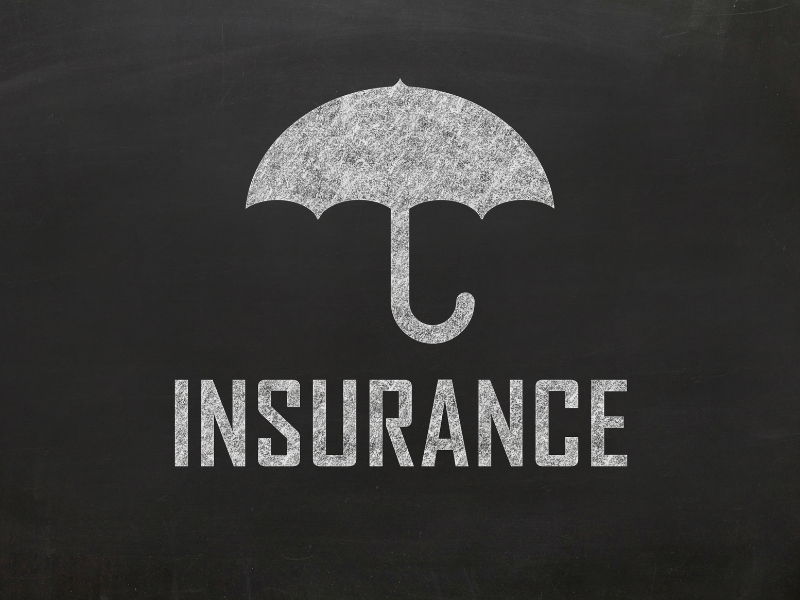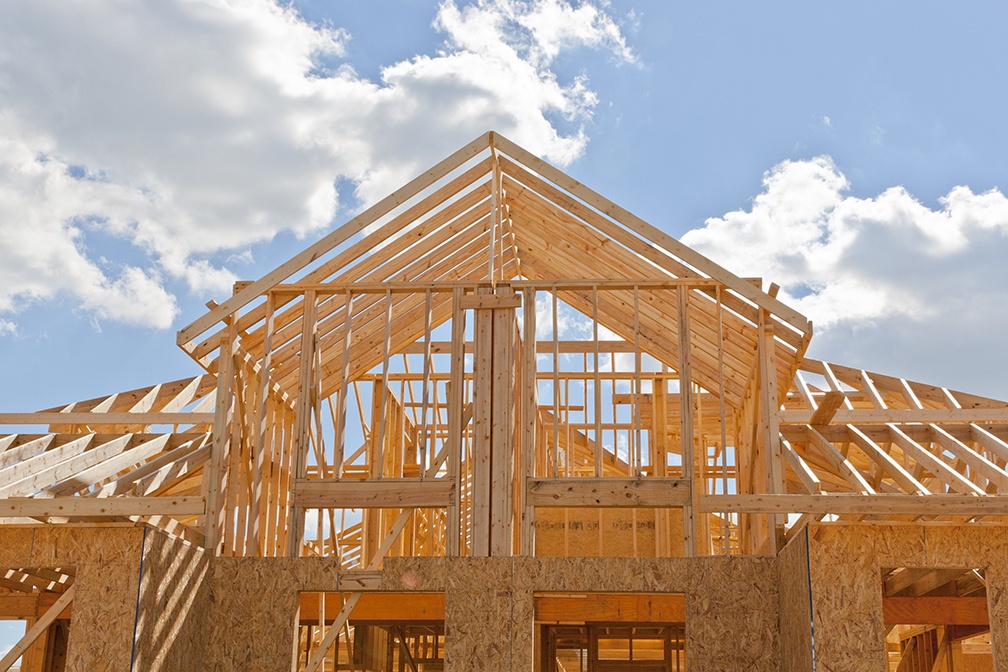 Accidents can happen from time to time, which is why it is important for people to have insurance. While you might be able to fix some accidents on your own, others can lead to a significant amount of financial stress. This is why people must have insurance. Insurance is supposed to help individuals and families pay for catastrophic expenses; however, what happens if the insurance policy is not big enough to cover the expenses? That is where umbrella insurance can be helpful. What is umbrella insurance, and how does it work? Learn more about how umbrella insurance might be able to help you.
Accidents can happen from time to time, which is why it is important for people to have insurance. While you might be able to fix some accidents on your own, others can lead to a significant amount of financial stress. This is why people must have insurance. Insurance is supposed to help individuals and families pay for catastrophic expenses; however, what happens if the insurance policy is not big enough to cover the expenses? That is where umbrella insurance can be helpful. What is umbrella insurance, and how does it work? Learn more about how umbrella insurance might be able to help you.
Umbrella Insurance: A Definition
Umbrella insurance provides extra liability that goes above and beyond the limits of other existing policies. If the policyholder is at-fault for damages and the existing insurance policies are not enough to cover the damages, the umbrella insurance kicks in. In addition, umbrella insurance provides coverage for other items, such as legal fees, that other policies might not cover. Umbrella insurance can cover a wide range of issues that could provide important financial protection.
What Does Umbrella Insurance Cover?
Umbrella insurance acts as a fail-safe to protect you and your family against lawsuits that are directly related to accidents that could result in a personal injury lawsuit. Furthermore, umbrella insurance can cover landlord liability, defamation, and a number of other tricky financial situations, depending on how your policy is structured. Your umbrella policy will have a liability limit; however, your policy might continue to cover associated legal costs above that specific limit, depending on the wording of your policy. Because details and exclusions can vary between policies, you should ask a professional for help if you have questions.
What Umbrella Insurance Does Not Cover
Unlike some insurance policies, umbrella insurance will not cover the damages and injuries of the policyholder. This means that if you sustain property damage, your umbrella insurance policy might not cover this. In addition, there are limits to umbrella insurance with respect to breach of contract cases. Finally, umbrella insurance also does not cover intentional acts or criminal issues. It is critical to read the policy carefully to understand what is covered and what is not.
 If you’re moving from a large home into a smaller house or condo, you’re probably looking forward to enjoying a lower utility bill and not having to do as much cleaning. But before you move, you’ll want to take certain precautions to ensure that you’re not overwhelmed.
If you’re moving from a large home into a smaller house or condo, you’re probably looking forward to enjoying a lower utility bill and not having to do as much cleaning. But before you move, you’ll want to take certain precautions to ensure that you’re not overwhelmed. We all want to sell our homes at above asking price, but what is it that makes a seller succeed at this? Here’s our expert advice on how you can sell your home above the asking price.
We all want to sell our homes at above asking price, but what is it that makes a seller succeed at this? Here’s our expert advice on how you can sell your home above the asking price. Last week’s economic news included readings from the National Association of Home Builders on housing market conditions and Commerce Department readings on housing starts and building permits issued. Weekly readings on mortgage rates and jobless claims were also released.
Last week’s economic news included readings from the National Association of Home Builders on housing market conditions and Commerce Department readings on housing starts and building permits issued. Weekly readings on mortgage rates and jobless claims were also released. When decorating a small space, there is a general desire to make the space look and feel larger than it is while also meeting basic functional needs in the room. For example, there may be a need to accommodate seating for a group of people in a living room, but there also may be a desire to provide ample space for foot traffic so the area does not feel cramped. By following a few important tips, it is possible to furnish smaller spaces so that they are functional and do not feel cramped.
When decorating a small space, there is a general desire to make the space look and feel larger than it is while also meeting basic functional needs in the room. For example, there may be a need to accommodate seating for a group of people in a living room, but there also may be a desire to provide ample space for foot traffic so the area does not feel cramped. By following a few important tips, it is possible to furnish smaller spaces so that they are functional and do not feel cramped. It is important to make the bathroom a relaxing, peaceful, and stress-free location. Many people view their bathrooms as a sanctuary, and it is important to treat them as such. What are a few popular trends that are taking place in bathroom design?
It is important to make the bathroom a relaxing, peaceful, and stress-free location. Many people view their bathrooms as a sanctuary, and it is important to treat them as such. What are a few popular trends that are taking place in bathroom design?  When people are looking for a home, they are often looking for something that is move-in ready. While this might make the process easier, this can also make the home much more expensive. It is still possible to find a dream home even if the house requires a bit of renovation. This is also a great opportunity for homeowners to customize the home to meet their needs. What do potential homeowners need to know about taking out a mortgage to renovate a fixer-upper when compared to a conventional home loan? Take a look at some helpful information below.
When people are looking for a home, they are often looking for something that is move-in ready. While this might make the process easier, this can also make the home much more expensive. It is still possible to find a dream home even if the house requires a bit of renovation. This is also a great opportunity for homeowners to customize the home to meet their needs. What do potential homeowners need to know about taking out a mortgage to renovate a fixer-upper when compared to a conventional home loan? Take a look at some helpful information below. Curb appeal is often neglected by sellers. So much attention is spent getting the inside of a home cleaned up that the outside is left until last. This is a mistake. Landscaping and gardens are the first things a prospective buyer sees. Following these tips ensures homes look their best and give a positive first impression.
Curb appeal is often neglected by sellers. So much attention is spent getting the inside of a home cleaned up that the outside is left until last. This is a mistake. Landscaping and gardens are the first things a prospective buyer sees. Following these tips ensures homes look their best and give a positive first impression. Last week’s economic reporting included readings on job openings, inflation, and consumer sentiment. Weekly readings on mortgage rates and jobless claims were also released.
Last week’s economic reporting included readings on job openings, inflation, and consumer sentiment. Weekly readings on mortgage rates and jobless claims were also released. Because the housing market is so competitive right now, many buyers are looking at alternative options. Instead of looking for a resale home, some buyers are considering a new home. What is the process of taking out a loan on a new construction home? There are several factors buyers should consider.
Because the housing market is so competitive right now, many buyers are looking at alternative options. Instead of looking for a resale home, some buyers are considering a new home. What is the process of taking out a loan on a new construction home? There are several factors buyers should consider.